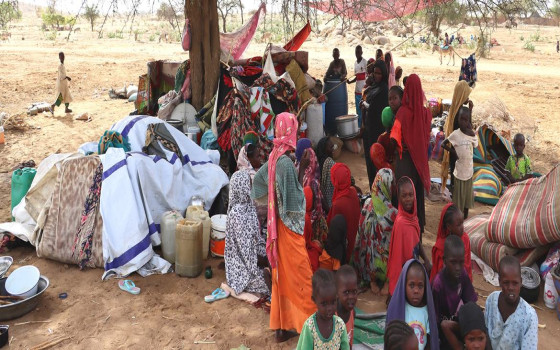
UN warns of risks of reducing and closing peacekeeping operations on women and girls

- Europe and Arabs
- Thursday , 8 August 2024 10:27 AM GMT
New York: Europe and the Arabs
The Executive Director of UN Women, Sima Bahouth, said that the organization is concerned about the potential impact of the recent multiple decisions to reduce or close UN peacekeeping and special political missions, which are being taken despite the increasing number and intensity of conflicts and insecurity. According to the UN Daily News Bulletin
Ms. Bahouth's statements came during a briefing she presented to the Security Council on Wednesday, regarding supporting women, peace and security commitments in the context of the accelerated withdrawal of peacekeeping operations.
The UN official said that it is illogical for the number of peacekeeping personnel deployed in the face of unprecedented levels of conflict and violence to decrease by about half, from 121,000 in 2016 to nearly 71,000 in 2024.
She added: "This reality is happening in light of the growing misogyny and violence against women and girls. This is evident in the wars we witness and the wars we fear, and the clear disregard in their approach to the lives, well-being, rights and independence of women and girls."
She cited examples such as Sudan, explaining that with no peacekeeping or political mission, “famine is imminent and thousands of new mothers could die in the next few months, all while women and girls are exposed to all kinds of cruelty and violence.”
Research stressed that UN peacekeeping efforts have a proud history of contributing to avoiding renewed militarization in post-conflict societies, as well as contributing to gender equality.
The Executive Director of UN Women reported that through its close work with the Department of Peace Operations to strengthen gender responsiveness in UN transitions, it had identified three gaps: the absence or lack of representation of women and gender equality issues more broadly in negotiations with host countries on the reduction or departure of missions; the exclusion of gender-responsive conflict analysis from planning exercises at the outset; and the failure to reallocate funds spent on UN peacebuilding or sustainable development missions once they depart.
The UN official offered three solutions to address these gaps:
Recommending that the Security Council ensure that UN transitions protect gender equality gains and women’s active participation in every possible way.
Continuing to invite women from civil society to provide routine briefings and analyse contexts from a gender perspective.
Recommending that the Security Council shift its attention more fully to funding.
Research expressed its fear of “a future of increasing atrocities against women, their increasing marginalization from decision-making, and ultimately the failure of the international community. This prospect should be unacceptable to us all.”
She stressed that the tools that the Council has carefully designed over decades to advance the women, peace and security agenda cannot be allowed to be disposed of.
The UN Assistant Secretary-General for Africa, Martha Poopie, briefed the Council, warning that “rushing through a transition in a tense political climate, coupled with ongoing security threats and protection concerns, would jeopardize hard-won peace gains, including progress on gender equality.”
Bobby stressed that unless transitions are well-organized, adequately resourced and gender-responsive, women and girls will be at risk of setbacks. She added that this could include losing access to basic services, being excluded from new decision-making processes, and being exposed to new waves of violence and insecurity, including conflict-related sexual violence.
She gave a number of examples of the impact of peacekeeping withdrawals, including the withdrawal of the United Nations Multidimensional Integrated Stabilization Mission in Mali (MINUSMA), which has negatively impacted peacebuilding programmes focused on women and girls and the preservation of gains made in the political sphere.
She added: “Recent withdrawals of peacekeeping missions from key hotspots in Sudan and the Democratic Republic of the Congo have created security vacuums, leaving women and girls vulnerable to attacks by armed actors.”
She also noted that these withdrawals have reduced the UN’s ability to support stakeholders in fully addressing conflict-related sexual violence in specific areas, including investigation, reporting and assistance to survivors.
Systematic sexual violence in Sudan
Also speaking before the Council was Kholoud Khair, founding director of the Sudan-based consultancy Confluence, who said that widespread and systematic conflict-related sexual violence was no longer limited to Darfur, but had been reported throughout the country, including in Khartoum and Gezira states.
She added: “It is clear that the Rapid Support Forces and the Sudanese Armed Forces have subjected women and girls aged nine to 60 to sexual violence, a war crime, and neither side has taken serious steps to prevent their forces from committing rape and attacking health workers, nor investigating such crimes, and the deliberate use of conflict-related sexual violence, including rape, gang rape, sexual slavery and forced marriage, particularly by the Rapid Support Forces, in addition to atrocities such as looting, torture, enforced disappearances and forced labour, with the aim of terrorizing and subjugating the population.”
She noted that while the international community’s efforts to secure a ceasefire were crucial, the urgent need was to prevent genocide and save lives.
She stressed the need to establish a complementary diplomatic track separate from the ceasefire talks that focuses on addressing violence against civilians through targeted measures to protect women and girls, including from conflict-related sexual violence.


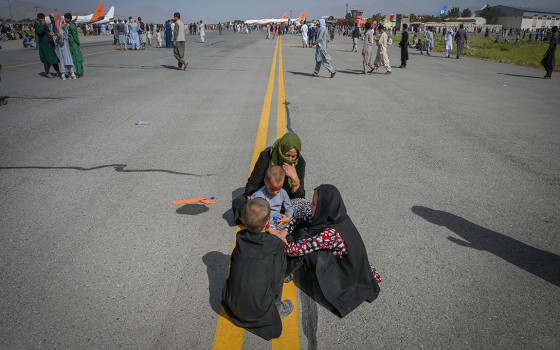
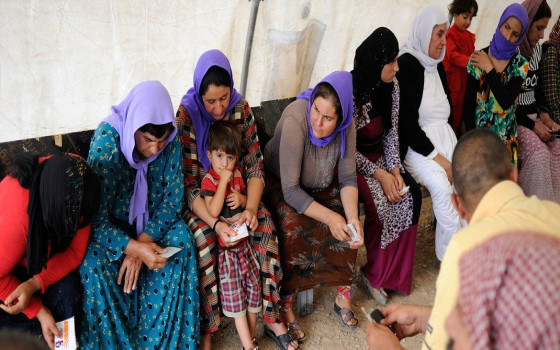
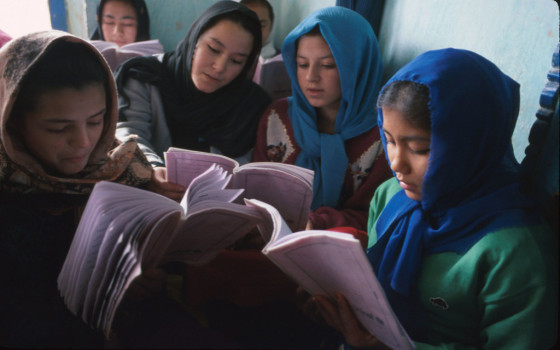
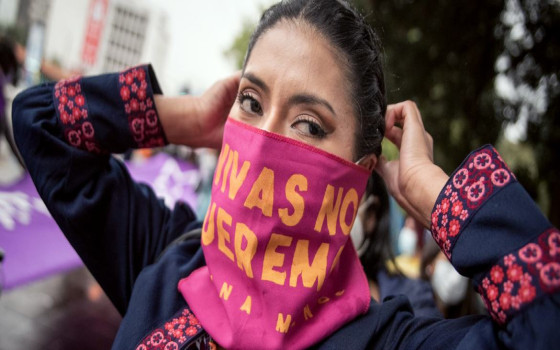
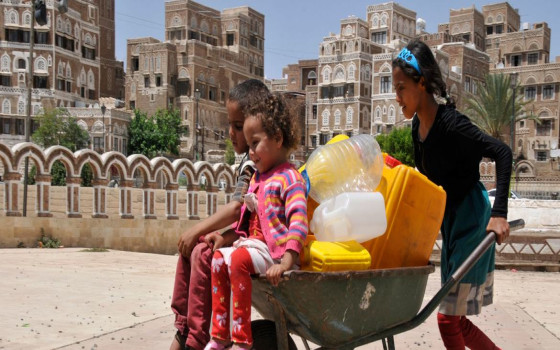
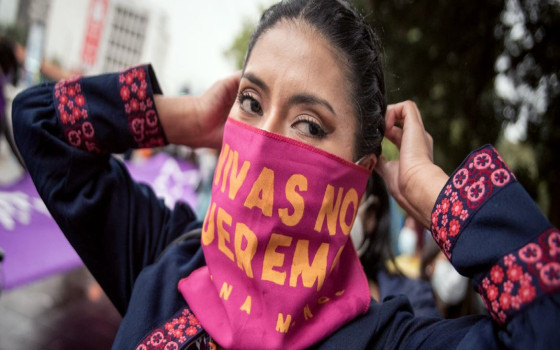
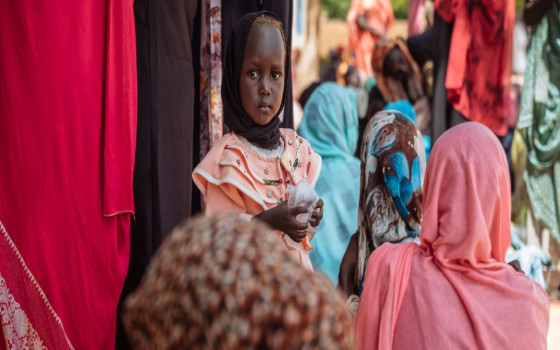
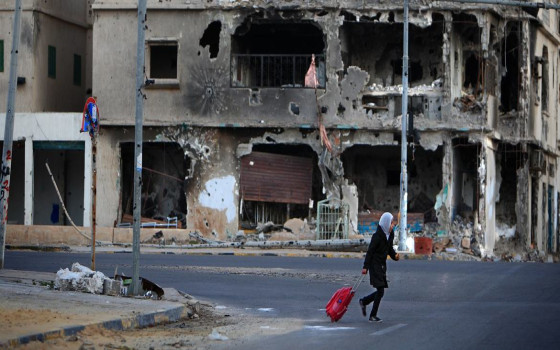
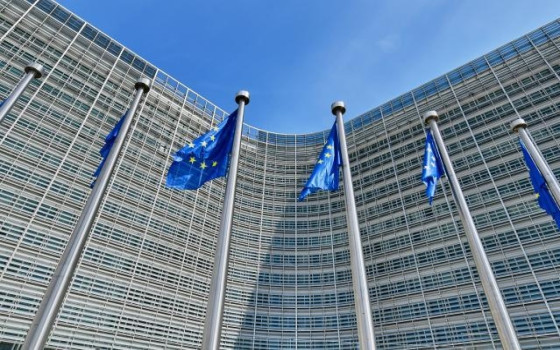
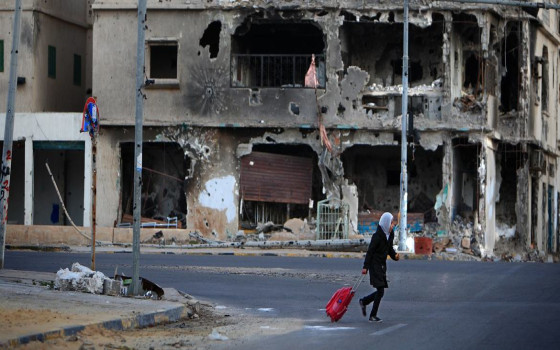
No Comments Found